|
This is the year for small turkeys. Our first pandemic Thanksgiving will mean smaller gatherings this weekend. Depending on where you live, it may mean just one extra person allowed into your bubble. That annoying uncle who always says inappropriate things at the dinner table? Not this year…and it’s OK to admit that you’ll actually miss him. We all know that 2020 has been one craptacular year, for reasons that extend beyond COVID-19. So I’ve been thinking a lot this week about thankfulness. I’m lucky to work at an organization with such tremendous people – both at The Conversation Canada and La Conversation Canada, but also
the entire global network of The Conversation. I’ve been in journalism for many, many years and the unique workplace culture of The Conversation is inspiring, even when the majority of your interaction is via computer screens. I’m also thankful that as a Canadian, I live in a country where scientific knowledge isn't under attack. In fact, it’s something we celebrate – including the announcement this week that Michael Houghton of the University of Alberta was one of the winners of this year’s Nobel Prize in physiology or medicine. We do our part at The Conversation to champion scientific expertise by working with
academics to produce journalism that allows them to share knowledge so the public can make informed decisions.
For your long weekend reading pleasure (when you push away from the Thanksgiving table), I’ve assembled a few great scientific reads from The Conversation network. Happy Thanksgiving from our team. We’ll be back in your inbox on Tuesday.
|
Thanksgiving Weekend Reads
|
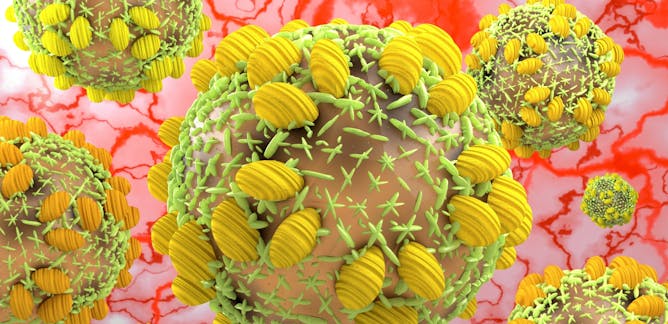
John Bergeron, McGill University
Michael Houghton, an Edmonton-based virologist, was one of the recipients of this year's Nobel Prize for physiology or medicine for the discovery of hepatitis C.
| |
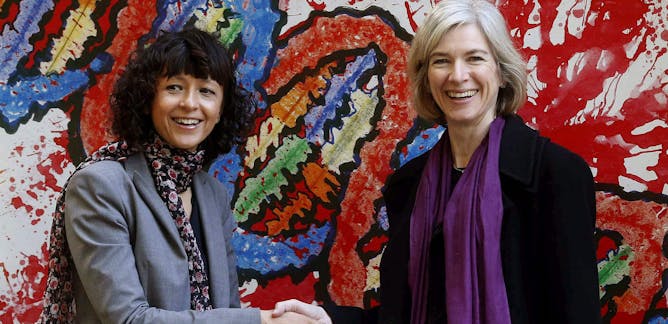
Dimitri Perrin, Queensland University of Technology
Jennifer Doudna and Emmanuelle Charpentier have been awarded the Nobel prize in Chemistry for their revolutionary work on 'gene scissors' that can edit DNA.
|
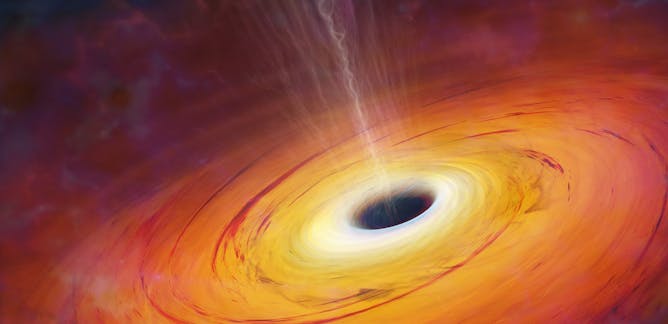
Gaurav Khanna, University of Massachusetts Dartmouth
The 2020 Nobel Prize in physics was awarded to three scientists – an Englishman, an American and a German – for breakthroughs in understanding the most mysterious objects in the universe: black holes.
| |
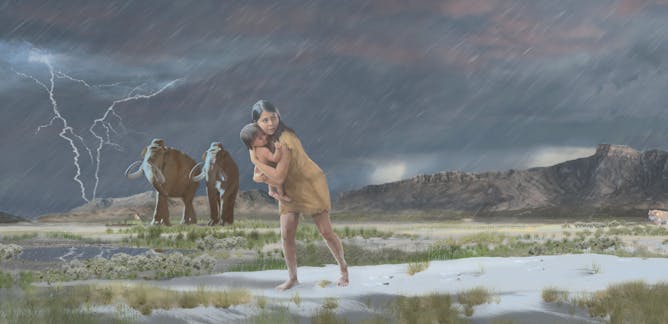
Matthew Robert Bennett, Bournemouth University; Sally Christine Reynolds, Bournemouth University
Some 13,000 years ago, an adult carrying in a child walked 1.5km in mud at great speed in the presence of hungry predators.
|
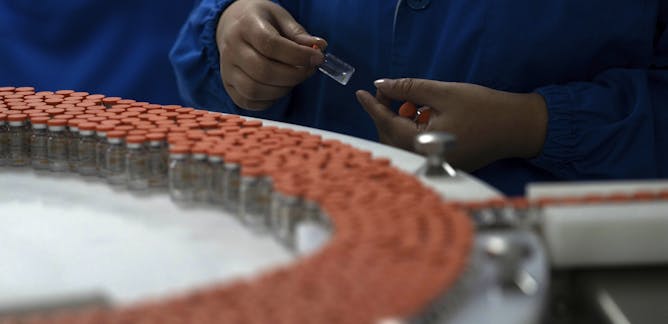
Byram W. Bridle, University of Guelph; Samira Mubareka, University of Toronto; Shayan Sharif, University of Guelph
Our first exposure to a pathogen, either naturally or via vaccination, can affect how our immune system responds in the future to the same or similar pathogens.
| |
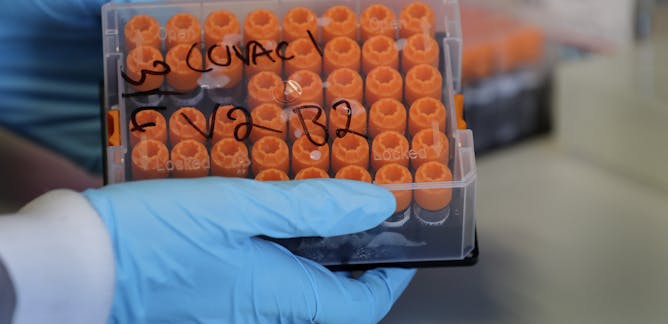
Joel Lexchin, University of Toronto; Barbara Mintzes, University of Sydney; Lisa Bero, University of Colorado Anschutz Medical Campus; Marc-Andre Gagnon, Carleton University; Quinn Grundy, University of Toronto
With lives depending on a vaccine, trust in Canada's COVID-19 Vaccine Task Force is crucial. Members of the task force need to make any industry links or potential conflicts of interest publicly clear.
|
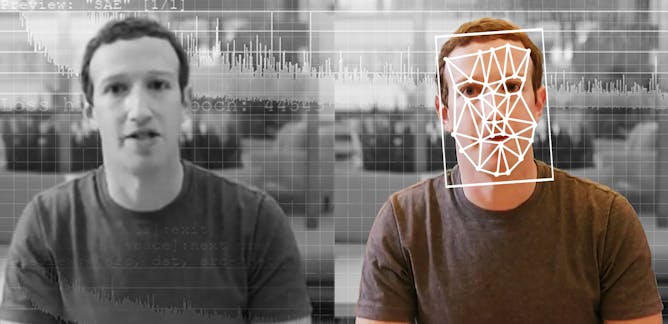
John Sohrawardi, Rochester Institute of Technology; Matthew Wright, Rochester Institute of Technology
Fake videos generated with sophisticated AI tools are a looming threat. Researchers are racing to build tools that can detect them, tools that are crucial for journalists to counter disinformation.
| |

Tama Leaver, Curtin University
Having an end-to-end encrypted messaging 'ecosystem' is a great way for Facebook to evade the full wrath of the law. It has come at a convenient time, too.
|
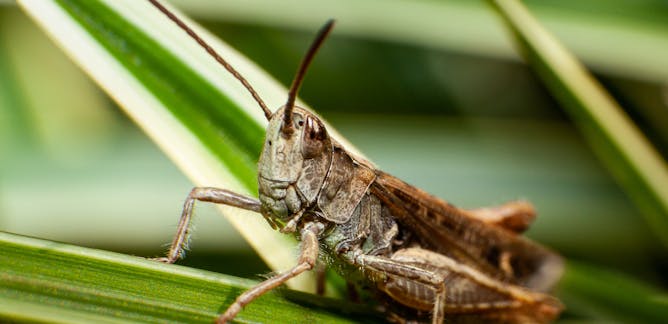
Frances Duncan, University of the Witwatersrand
Locust outbreaks are driven by unusual climatic conditions.
| |

Ieuan Cranswick, Leeds Beckett University
Social media and changing ideas about masculinity are making more and more young men believe their body is too small, skinny or insufficiently muscular.
|
|
|